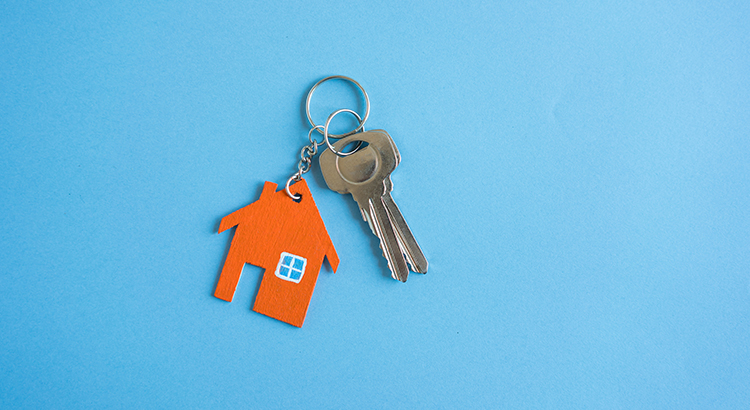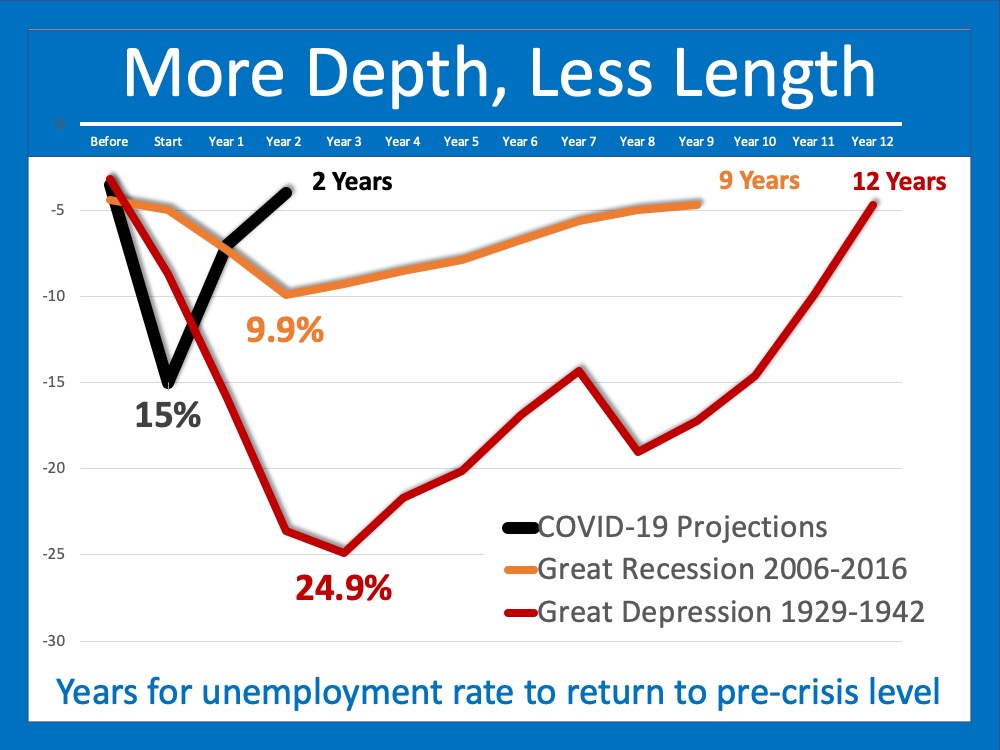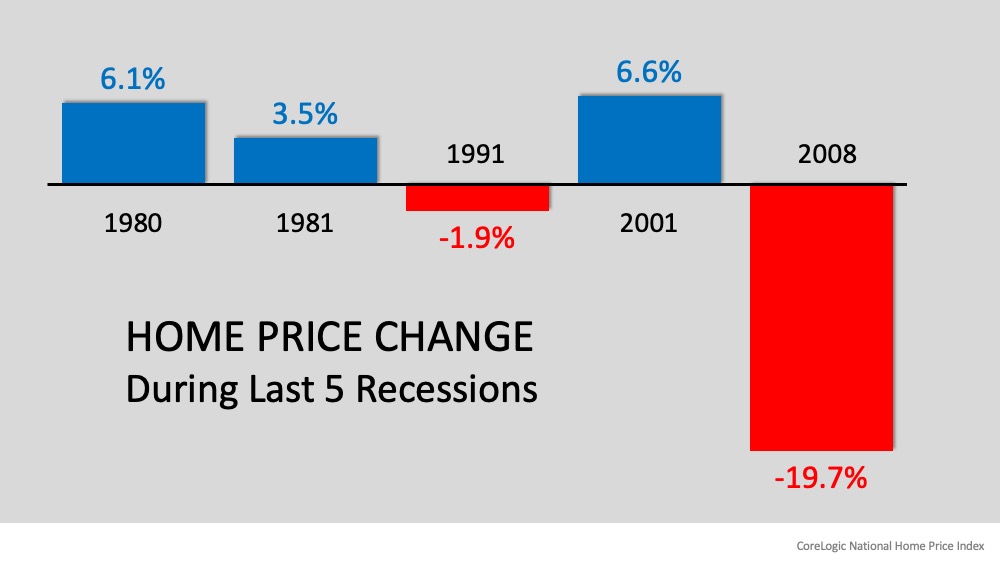Spring Home Buying Recovering From Coronavirus
"We estimate that there are currently 29 states that have a housing deficit, and when we consider only these states, the housing shortage grows from 2.5 million units to 3.3 million units"
Texas currently is experiencing a 4.81% deficit in housing supply
- from the Freddie Mac Report - The Housing Supply Shortage: State of the States
Contact one of our expert agents today if you are looking to buy or sell and want to know your options during the Coronavirus. Our team is always here to help and educate!
972-215-7747 | cannonteamhomes.com
The novel coronavirus was unable to dampen the interest of homebuyers in the past week.
Even as people follow stay-at-home guidelines, the number of people filing home purchase applications rose 12 percent on a seasonally adjusted basis, according to the Mortgage Bankers Association.
That's the strongest level in almost a month.
"The ten largest states had increases in purchase activity, which is potentially a sign of the start of an upturn in the pandemic-delayed spring homebuying season, as coronavirus lockdown restrictions slowly ease in various markets,” said Joel Kan, MBA’s associate vice president of economic and industry forecasting. “California and Washington continued to show increases in purchase activity, with New York seeing a significant gain after declines in five of the last six weeks.”
Helping to boost purchase interest was a decline in mortgage rates to 3.43 percent for a 30-year mortgage, a record low in MBA's survey.
"Refinance activity declined 7 percent, as rates for refinances likely remained higher than those for purchase loans, " said Kan. "Lenders are still working through pipelines at capacity, and observed changes in credit availability for refinance loans have also in turn impacted rates.”
Overall demand for mortgage applications fell 3.3 percent from the prior week.
The survey covers over 75 percent of all U.S. retail residential mortgage applications and has been conducted weekly since 1990.






.jpg)
![The Housing Market Is Positioned to Help the Economy Recover [INFOGRAPHIC] | MyKCM](https://files.mykcm.com/2020/04/02095400/20200403-MEM-EN-1046x1308.jpg)







